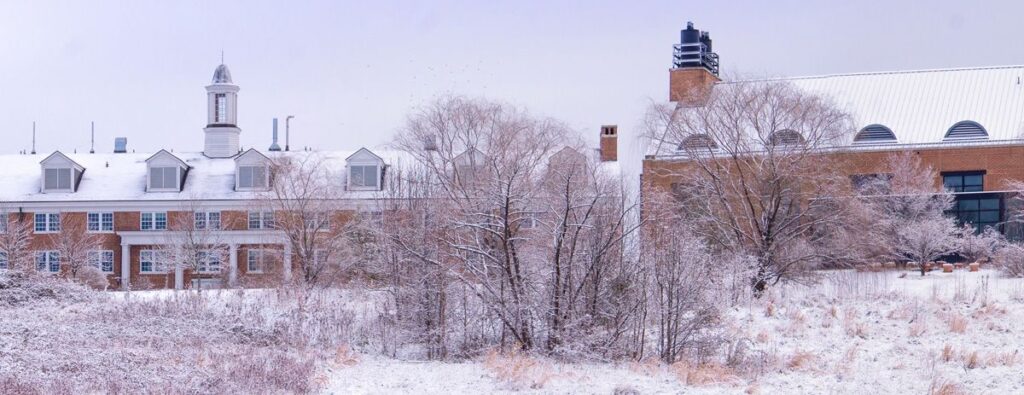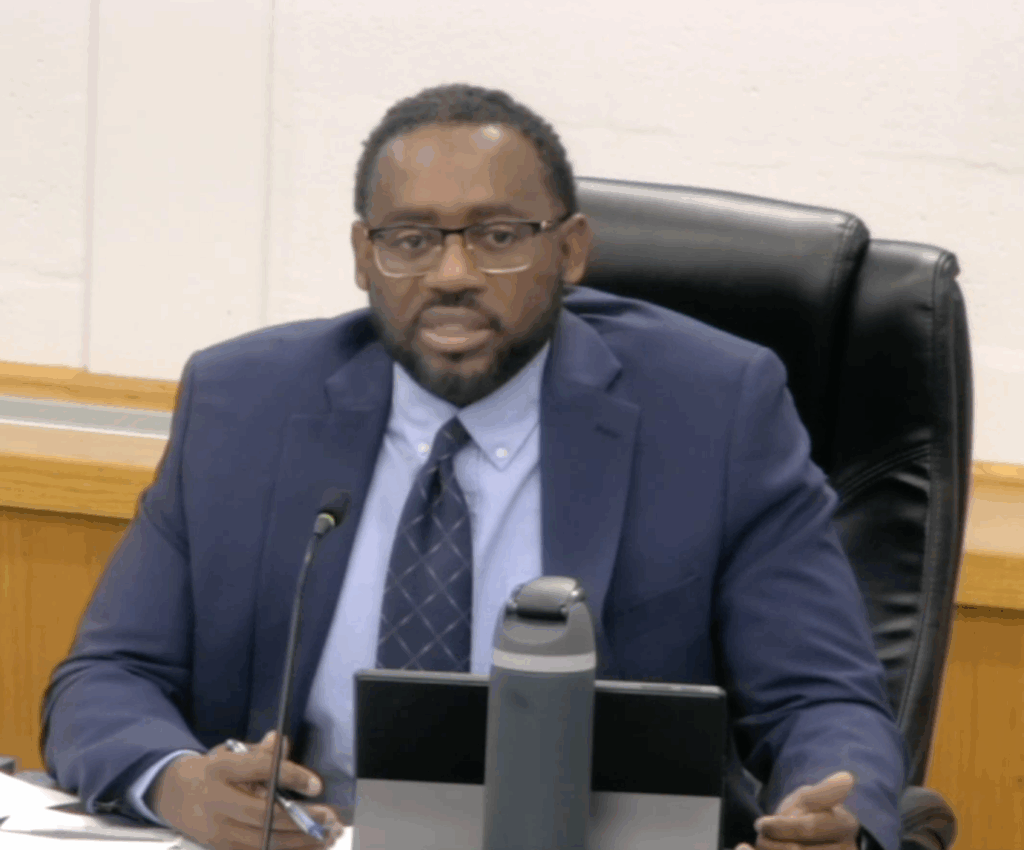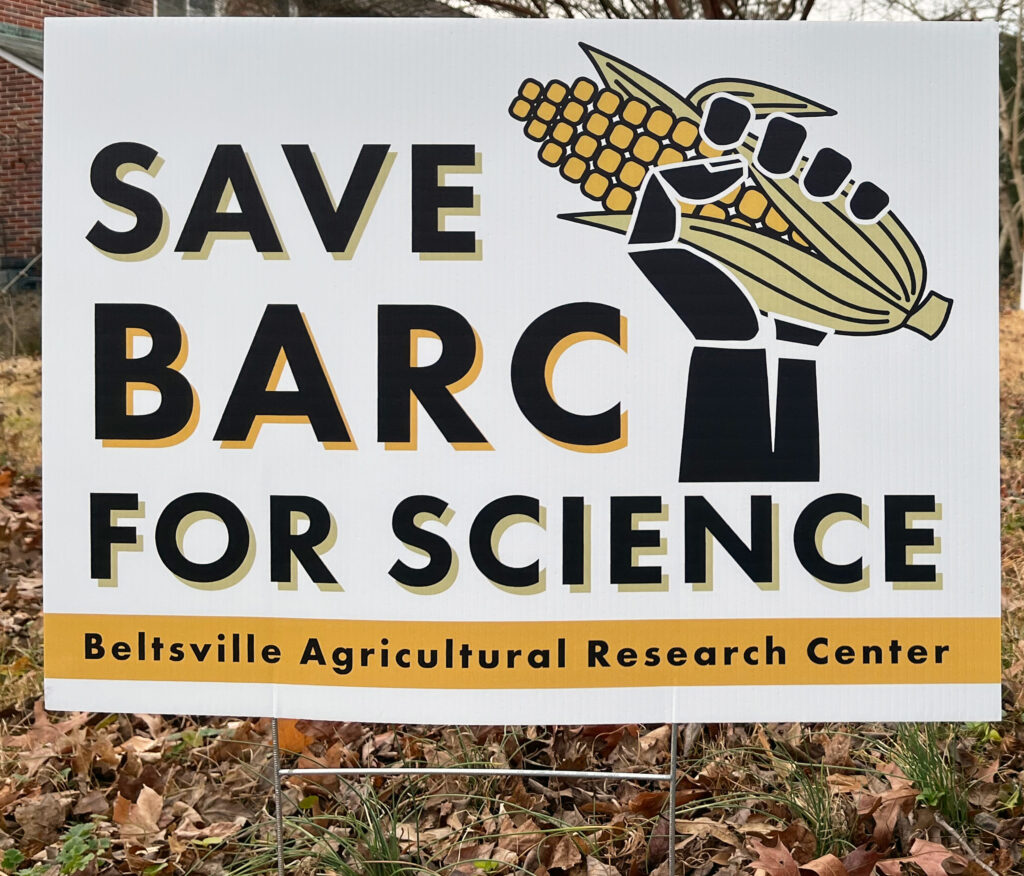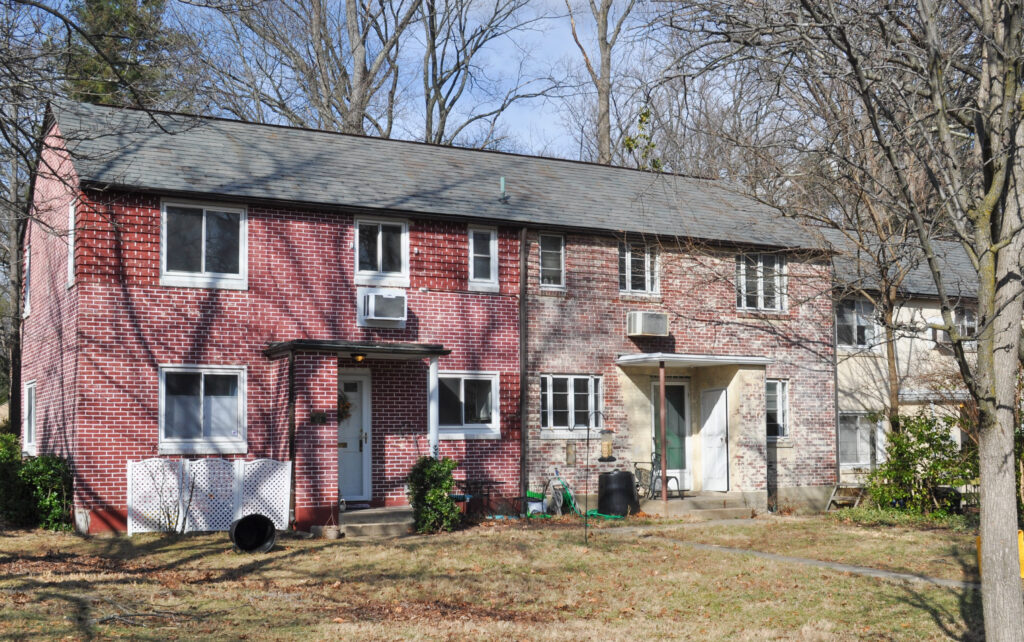At an unusual Tuesday worksession on May 10, the Greenbelt City Council and residents started to narrow in on how to allocate Greenbelt’s portion of the American Rescue Plan Act (ARPA) funding. The city has received $11.44 million with another $11.44 million to come. The worksession featured a presentation by Michelle Ferguson, vice president of Raftelis, the contractor conducting the city’s community engagement efforts, who summarized the findings of the community survey, garnered from four stakeholder focus group sessions (24 participants in total), three community input meetings (40 participants), 344 respondents to the community survey, submittals through the Engage Greenbelt website and emails sent to ARPA@greenbeltmd.gov. These efforts looked at both participants’ concerns and specific ideas.
Priorities
The top five priorities among the respondents were rental/mortgage assistance (83 responses), infrastructure maintenance (53), mental health resources (31), Covid public health response (29), sustainability (28), essential worker resources (28), business assistance (23) and city security enhancements (22).
Resident Comments
Addressing the last part of the agenda first, several residents attended to give their views. Gionni Smith, of Franklin Park, called for more rental assistance and an increase in the amount of aid a person can receive. He noted that his mother, who lost her primary source of income due to Covid, is $18,000 in arrears. Because she owes money, Franklin Park does not permit her to renew her lease. Instead, she must go month-to-month with her rent $350 per month more than with a lease. He cautioned that where poverty increases crime increases, which the city is already starting to see. Lore Rosenthal supported this request. She said the money was meant to be spent now, not for future needs.
Bob Rand called for all the money to be spent on people, not projects. Bill Orleans made a similar request. Rand asserted that city staff does not understand the needs in Franklin Park. He called for the city to develop frameworks for programs such as first-time homeowners grants and pre- and after-school care. He suggested the city work with CASA de Maryland, a Latino and immigration advocacy group, to help address residents’ needs.
Real estate broker Kim Kash called on the city to take a more proactive role to help residents become homeowners. For what Franklin Park residents are paying in rent, she said, they could own in Greenbelt Homes, Inc, if they had a down payment. She also called on the city to develop shared working spaces and to provide the economic development department with funding to better assist local businesses.
Bob Rudd supported calls for more ballfields so that youth could learn leadership, maturity and teamwork.
Robert Snyder called for an appreciation stipend for the city’s front-line workers. He said that several local jurisdictions are issuing such stipends.
Council Comments
After Ferguson’s summary (reported below), councilmembers shared their thoughts. There appeared to be general support for additional rental/mortgage/business assistance, which Councilmember Judith Davis requested be added to the next council agenda. Although the city will receive $22.88 million in total, it clearly is not sufficient to address all of the needs.
Councilmember Silke Pope pointed out that the city has needs as well that should be considered. Council has not yet seen the staff list, she said.
Both Pope and Mayor Emmett Jordan stressed that Greenbelt is a small municipality and that residents should also raise their concerns with their state and county representatives regarding where more funds are available.
Davis stated that ARPA money should not be spent for projects where the city has other possible funding sources.
Councilmember Rodney Roberts put in a plug for spending $5 million to purchase land and create a park in Greenbelt West and at least $4 million for rental and other direct Covid assistance. At recent meetings, several people have called for purchasing the scrapyard on Branchville Road. Davis questioned whether $5 million would be adequate and pointed out the city would also need to look at the cost of whatever it would put on the land and whether additional staff would be needed. Acting City Manager Timothy George noted that a major factor would be the cost to remediate the site after decades of industrial use. Pope pointed out that the scrapyard is in Berwyn Heights, not Greenbelt.
Councilmember Colin Byrd wanted to see the city provide financial assistance for higher education saying it would help address unemployment and wage issues.
Several councilmembers supported looking at mental health assistance. Councilmember Kristen Weaver called for looking long-term at how to support affordable and senior housing and for spending some of the funds on infrastructure, such as implementing the long-stalled Buddy Attick Park Master Plan, as well as projects in Greenbelt West and East. In light of increasing likelihood of intense storms, the city needs a broader survey of stormwater issues, she said. She suggested using the ARPA funds for planning purposes so that the city would be ready to act if additional funds became available.
Jordan wanted to see some of the funds used as seed money to get certain functions going. These included the proposed grant coordinator and diversity/inclusion and historic inequities positions. He also suggested a small-scale Works Progress Administration-type program for nonprofits, performers and artists to subsidize and encourage performing artists to make lasting contributions. Jordan also called for supporting restaurants and retail establishments that cannot get enough workers, possibly by offering a hiring bonus to those who take a job in Greenbelt and stay for a year. And in addition to emergency relief, the city should help those impacted by Covid to “learn how to fish.”
Councilmember Ric Gordon called for investment in the business community to help Greenbelt avoid being a “drive-through city” but instead, a place people come to live, work and dine.
Summary of Results
Raftelis identified four key themes among the responses to the engagement efforts: household needs, mental health resources, small/local business assistance and infrastructure. Raftelis and council cautioned that some of the suggestions are not eligible uses for the federal funds, but at this stage, the contractor wanted to provide the full range of input. The Raftelis report on which these comments are based is available on the city’s website at greenbeltmd.gov in the agenda packet for the May 10 worksession.
Household needs stemmed from concerns such as the impact of the pandemic on vulnerable groups. Specific ideas within this theme included rental assistance, direct financial support for residents and homeowners, expanding unemployment benefits and childcare options, offering Covid premium pay for essential city workers, providing citywide Wi-Fi to residents and increasing access to public transportation options within Greenbelt.
Mental Health
Respondents indicated that the pandemic created new barriers for people already suffering from mental illness and substance use disorders, and significantly impacted the mental health of teens and young adults.
Specific ideas within this theme include expanding Greenbelt CARES so that more help is available to homeless individuals and families and those dealing with mental health issues in need of day-to-day help; supporting funds for evidence-based mental health and wellness programs in the community and schools; and expanding mental health programs in general.
Businesses
Small and locally-owned businesses reported facing serious challenges due to the lingering impacts of the pandemic including support for local arts and cultural venues and for creative workers who lost significant income but were not able to participate in prior assistance programs.
Specific ideas included funding operating shortfalls for small and locally-owned businesses, funding an art gallery at Roosevelt Center, providing onsite theater art outside building spaces in the park with outside performers and funding for Greenbelt small businesses to improve the health and safety of their buildings.
Infrastructure
A desire for enhancing and improving some outdoor areas in Greenbelt was a frequent comment. Participants also noted aging neighborhoods and water infrastructure as an area of concern. Specific ideas under this theme include improvements to recreation facilities such as synthetic turf fields, skate park improvements and other enhancements, installing disease detection systems in wastewater systems, supporting improved air quality in business and city-owned facilities, and supporting initiatives to improve walkability throughout Greenbelt.
Community Survey
Ferguson noted that the survey had not been structured to be statistically representative. Just 344 individuals responded to the survey. These included residents, non-residents who work in Greenbelt and commercial property/business owners. Three-quarters live in the core of Greenbelt, 16 percent in Greenbelt East and .07 percent in Greenbelt West.
Thirty percent are 65 or older, 20 percent are 55 to 64, 18 percent are 35 to 44 and 17 percent are 45 to 54 years old.
A quarter of those providing information on the impact of the pandemic on their household or Greenbelt business said they had suffered a major negative impact, half said they had experienced a slight negative impact, 17 percent no impact and 8 percent experienced a positive impact.
Next Steps
Ferguson said that city staff is reviewing the summary in detail and will develop funding recommendations which will be presented to council at a worksession on June 8. George said this will be a draft, not a spending plan. Staff will continue to incorporate estimated costs for ideas.




